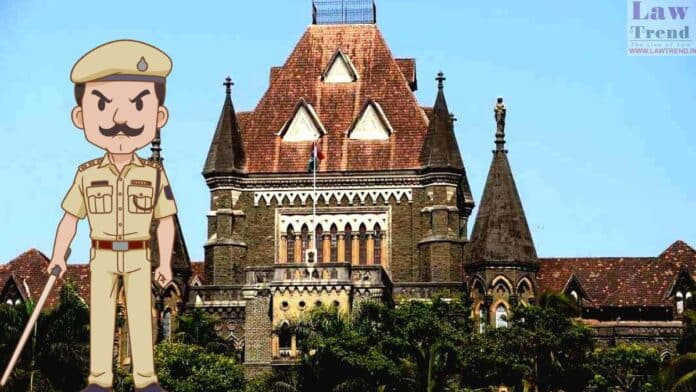The Bombay High Court has raised a serious concern over the “casual” manner in which the police were maintaining case diaries at police stations and directed the Maharashtra Director General of Police (DGP) to look into the issue.
A division bench of Justices A S Gadkari and Shyam Chandak, in its order dated January 16, noted that it regularly came across matters where the case diaries were not being maintained by the police as mandated by law.
The bench was hearing a petition filed by a man seeking direction to his wife, an Uzbekistan national, to produce their one-month-old daughter. The man, in his plea, claimed that his wife and her parents were absconding with the infant.

The court was informed that the woman, her parents and the baby were traced to a friend’s residence in Amritsar, Punjab. The petitioner’s wife was arrested and later released on bail.
Advocate Padma Shelatkar, appearing for the petitioner’s wife, informed the court that the arrest was made by violating the provisions of law, and no notice under section 41A of the Criminal Procedure Code (CrPC) was served before the arrest.
Under Section 41A, the police need to first issue a notice to the accused person directing him or her to appear to give a statement, after which, if the police deem it fit, then the arrest should be made.
The bench then perused the police investigation papers, including the case diary.
The bench noted that the case diary was maintained in “utter defiance” of section 172(1-B) of the CrPC, which stated that the diary containing the day-to-day entry of the proceedings in the probe has to be duly paginated.
It further said that several orders were passed by the high court and circulars issued by the Maharashtra DGP, directing investigating officers to maintain a case diary in all cases as mandated by law.
“It appears that the directions issued by the DGP have not percolated to the lower rank of police officers, who are conducting investigations at the ground level, and the said circulars have found their place in the files of the police stations,” the court said.
The bench said it was “at pains” to issue such directions, but it was regularly coming across such violations.
“We expect the DGP to imbibe upon all the police officers the seriousness in following the directions issued by the highest police authority in the state and to not take such directions lightly and/or casually,” the court said.
The directions have been issued to follow and not to violate as per the whims of the investigating officer, the court said, adding that it expects the DGP to adopt stringent remedial measures.
“According to us, this is a serious matter of concern. The case diary (in the present) case is maintained not only in the form of loose sheets but these were also scattered throughout the file,” it said.
The court directed the DGP to look into the matter personally and adopt necessary legal action against the concerned police officer.
Also Read
The bench said it was also “perplexed” to note that the notice under section 41A of the CrPC was not served to the accused person (the petitioner’s wife) and was served to a relative of a co-accused in Punjab.
The bench said this was not in accordance with the law and that notice under section 41A can only be served to the accused.
“We are unable to accept such a novel idea of service of notice adopted by the investigating police officer. This is a clear breach of section 41-A by the concerned officer and requires serious attention by the highest authority of the police department i.e. the Director General of Police, Maharashtra,” the court said.
The bench said it would hear the matter for compliance on February 13.







